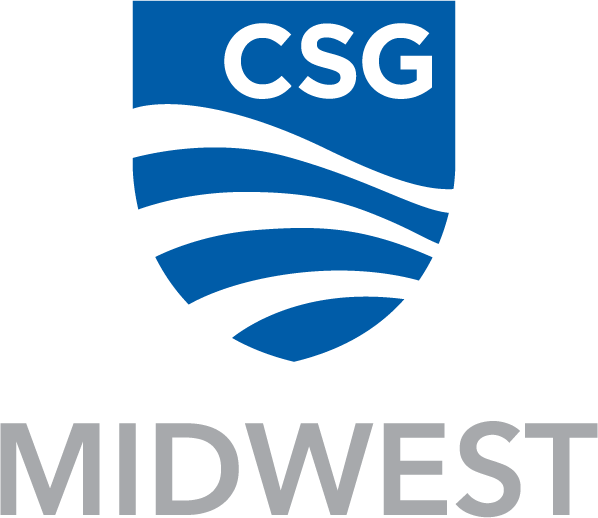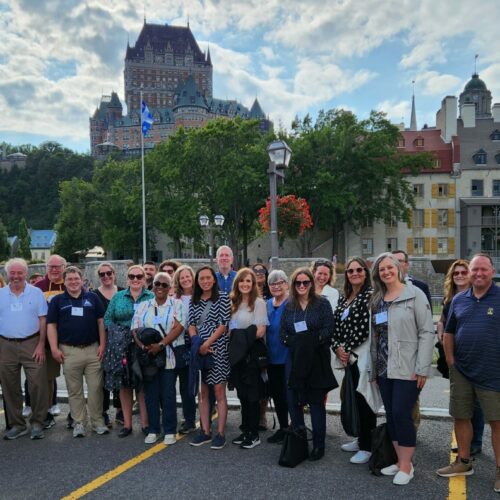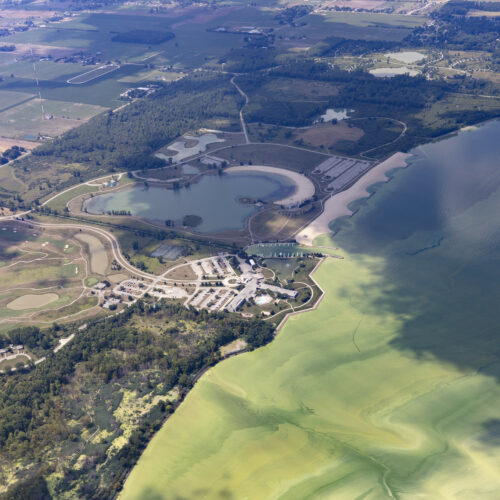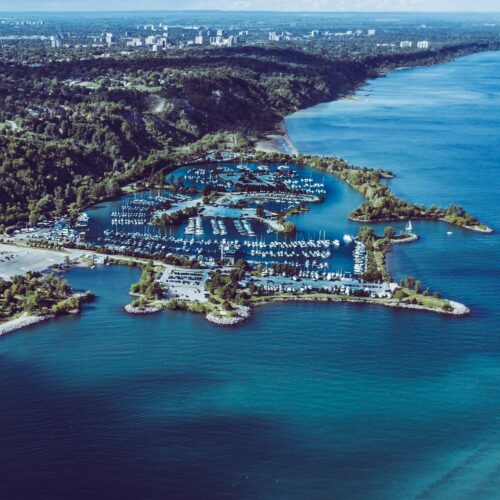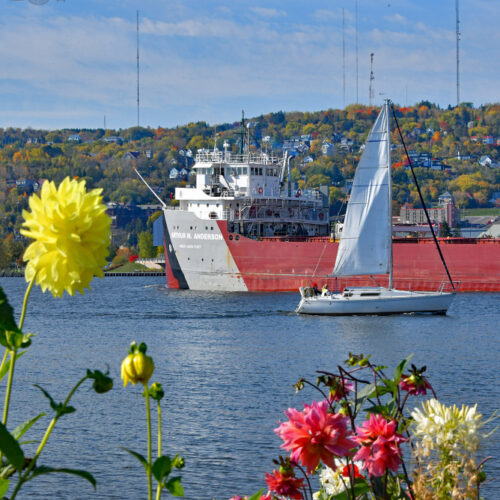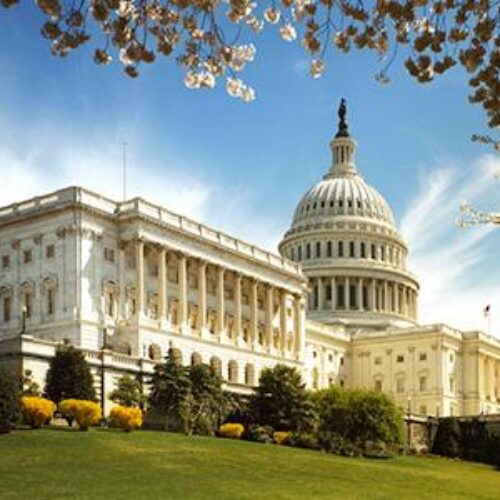Nutrient Management
Nutrient Management
Excessive amounts of phosphorus and nitrogen enter the Great Lakes-St. Lawrence River basin each year, most of it the result of runoff from agricultural lands. These excess nutrients feed the growth of algae to the point at which large “blooms” of algae form, which can be toxic to aquatic life as well as pets and even people. In 2014, for example, residents of Toledo, Ohio, lost access to their source of municipal drinking water because a large harmful algal bloom had formed in Lake Erie right by the city’s water intake. The city’s population of more than half a million people were without municipal water for nearly three days.
Binational efforts to fix this problem are directed by the Great Lakes Water Quality Agreement. States and provinces play a crucial role in managing their water resources – enacting laws, promulgating regulations, providing education and incentives on best practices, and appropriating program funding to assure that their residents never again lose access to clean, affordable drinking water because of the growth of toxic algae.
In 2023, the GLLC adopted a policy agenda that identified nutrient pollution as one of the key issues for the Caucus as an organization. Specifically, the GLLC committed to the following:
Nutrient Management: Work with non-point source nutrient producers to reduce runoff
- Support policies to incentivize agricultural producers to adopt best practices for managing nutrients, while establishing competitive agricultural producer-led watershed management grants
- Encourage members to engage in educational and outreach activities to share information on the causes and impacts of nutrient pollution
- Include the installation of green infrastructure among the tools used to improve the management of nutrients
- Share best practices on water filtration and the role of wetlands in assisting with nutrient management
To underscore the importance of this issue to the region, the GLLC selected nutrient pollution as the focus of the inaugural 2019 Patricia Birkholz Institute for Great Lakes-St. Lawrence Policy. These “deep dives” into a specific issue on the GLLC policy agenda are named in memory of the late Patricia (Patty) Birkholz, a former Michigan senator and founder of the GLLC.
Following the Birkholz Institute, the GLLC formed the Task Force on Nutrient Management.
In 2019, state and provincial legislators who were selected as Birkholz Fellows participated in two web meetings to obtain background information on the problem of nutrient pollution and potential solutions, then capped off their deep dive into the issue with a weekend workshop in Detroit on October 25-27.

Following the institute, the Birkholz Fellows took the lead for the GLLC in collaborating on options for coordinated, regional action to improve the management of nutrients to keep them out of the region’s waterways. The Task Force on Nutrient Management has produced a GLLC resolution and an action plan identifying priorities for the organization to achieve the goal of reducing nutrient pollution. In September 2020, the task force recommended, and the GLLC Executive Committee approved, a set of model policies for states and provinces to implement to help solve this significant problem for the Great Lakes, their tributaries, and other waterbodies in the region.
- Policy Recommendations to Reduce Nutrient Pollution in the Great Lakes Region (September 2023)
- Resolution on Reducing Nutrient Pollution in the Great Lakes Region (December 2019)
- Support for Binational Efforts to Reduce Phosphorus Runoff (September 2018)
On March 14, GLLC leaders provides an overview of GLLC membership benefits and activities to new and prospective…
Read MoreOn November 1, the AAAS EPI Center is hosting a panel of experts to discuss the scientific evidence…
Read MoreIf interested, contact Jess Lienhardt at jlienhardt@csg.org…
Read MoreOn March 22, the GLLC held its second web meeting of 2024. Chad Lord, policy director for the…
Read MoreThis webinar is open to all and will focus on policy and funding opportunities that help expand the…
Read More
